If you’ve spent some time on furlough this year or have found yourself with more free time during lockdown, you might be thinking of ways to set up a side-hustle to make a little extra money or to even change career completely and become self-employed to run an independent business. If that’s the case, it’s important to start your business as you mean to go on. Here are some tips to get yourself set-up as an indie biz and enjoy a freelance life…
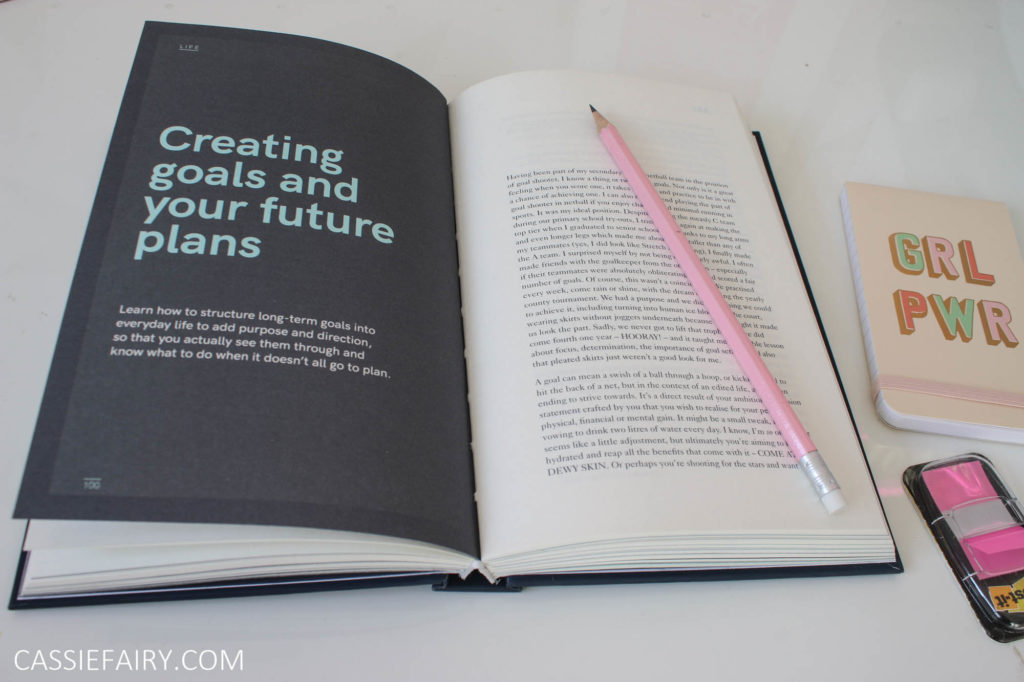
5 YEAR PLAN
A great piece of advice I’ve heard for starting a business is to think about how you would like your business to look in 5 years time and allow everything you do now to be informed by that. For example, if you intend to have a self-hosted website by then, don’t start off with a free site that you’re ‘making the best of’. Choose the hosting service you would be using once your business is turning a profit and go to them from the very start.
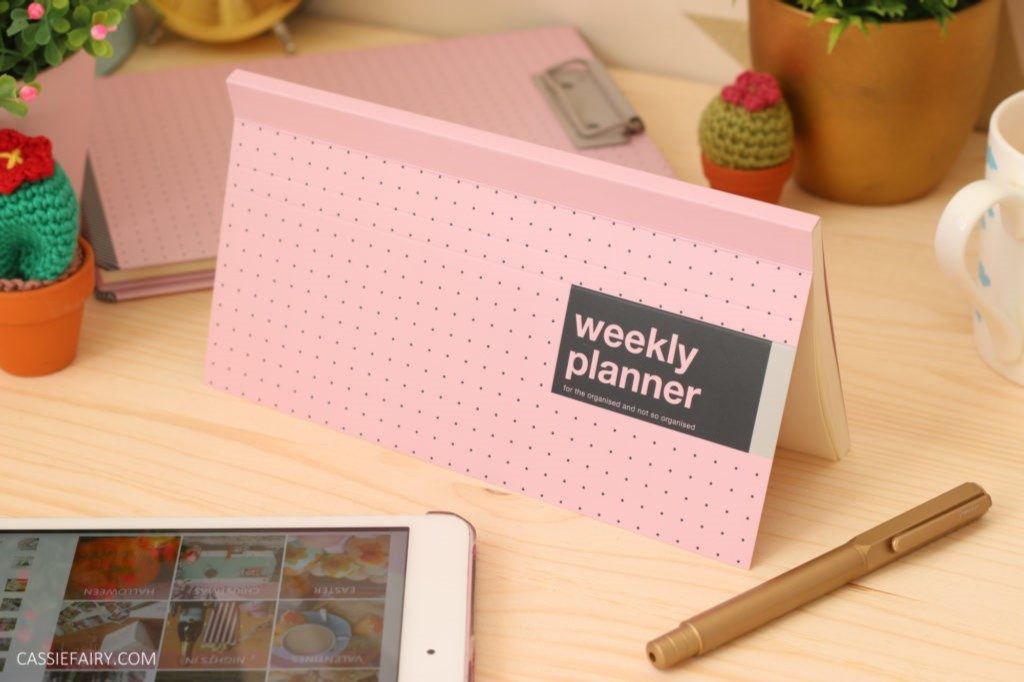
You don’t have to pay loads upfront for hosting or a domain – in fact, many hosts offer free domains in the first year anyway. And often you’ll find that there’s an entry-level hosting plan to start with, which you can increase as your business grows. It’s much easier to upgrade than to have to move your entire website to a new host. Trust me, I’ve been there.
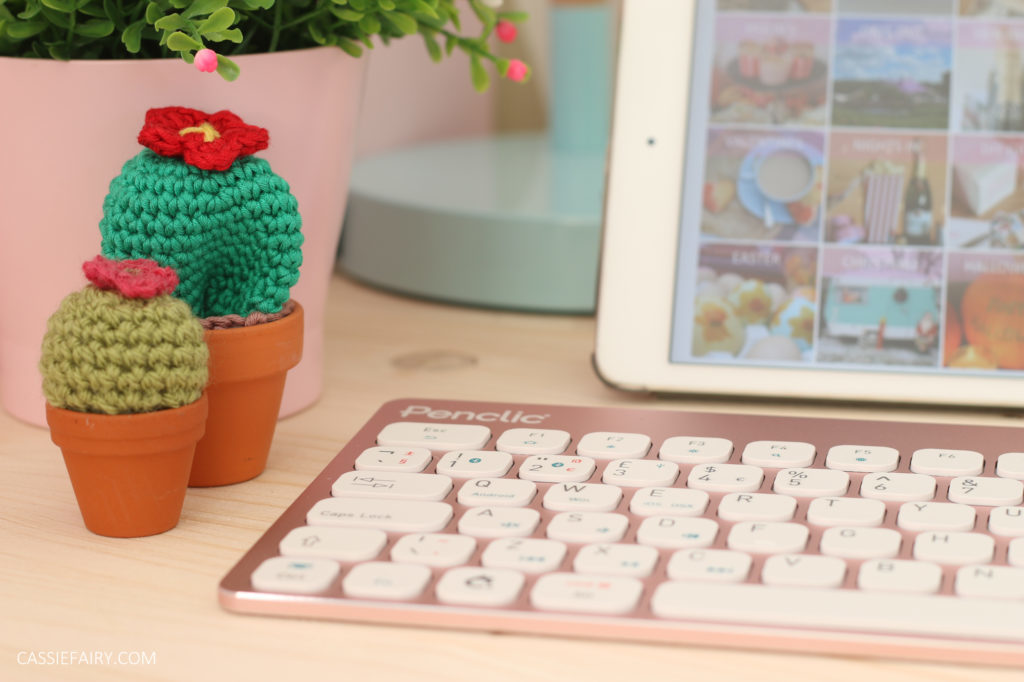
And you don’t need to pay a designer to build your website – have a go yourself to build the basics of the website and then you can always get help from the pros with anything you get stuck on. I’ve designed most elements of my website myself but when I couldn’t figure out a couple of bits of code to tweak the layout, I got the help of a UK-based CSS expert on Fiverr and it was done in a few minutes for only a few pounds.

BRANDING
Firstly, let’s look at your branding as this will run throughout the whole of your business plan. Choose a business name that you can get on all social platforms as well as the website domain. This will make it easier for customers to find your business on any platform. Also (and this is the fun bit) choose a colour theme and font profile for your brand. Play around with different options until you get a design you’re happy with.
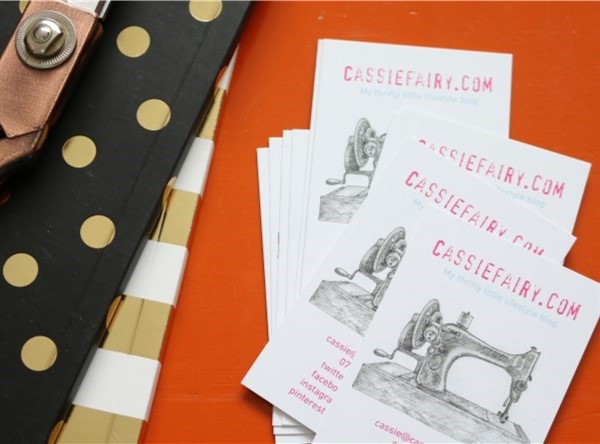
LABELLING
Whatever kind of product you’re selling, you’ll need to consider the legalities of testing, production and labelling. It’s amazing how many things you need to consider before putting a product out there, and it’ll vary massively from industry to industry. This is a step not to be skipped – again, you should create your product offering in-line with how you want to your business to be in five years time.
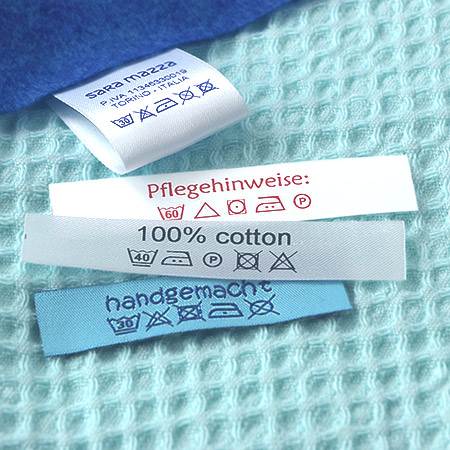
Image from Wunderlabel.co.uk
For example, you’ll need woven labels with care instructions to stitch into textile products and clothing. You might need printed sticker labels with ingredients lists for food or handmade beauty products. And you’ll need hang-tags or stickers with price information or barcodes. Do your research based on the product you’re making/selling and be sure to comply with any industry regulations.
PACKAGING
Most independent businesses start with just one or two people and are run from home (by the way, check your insurance!) making now the ideal time to consider taking the plunge. Although this means you’ll have lower overheads – no shop rent, business rates etc – you will have other things to consider, such as how to get your product to your customers. So, see if there any local shops you can supply or sell your offering online. Both of these routes to market will require packaging – both for the product itself (again, with suitable labelling) and also for posting the item to your customer.
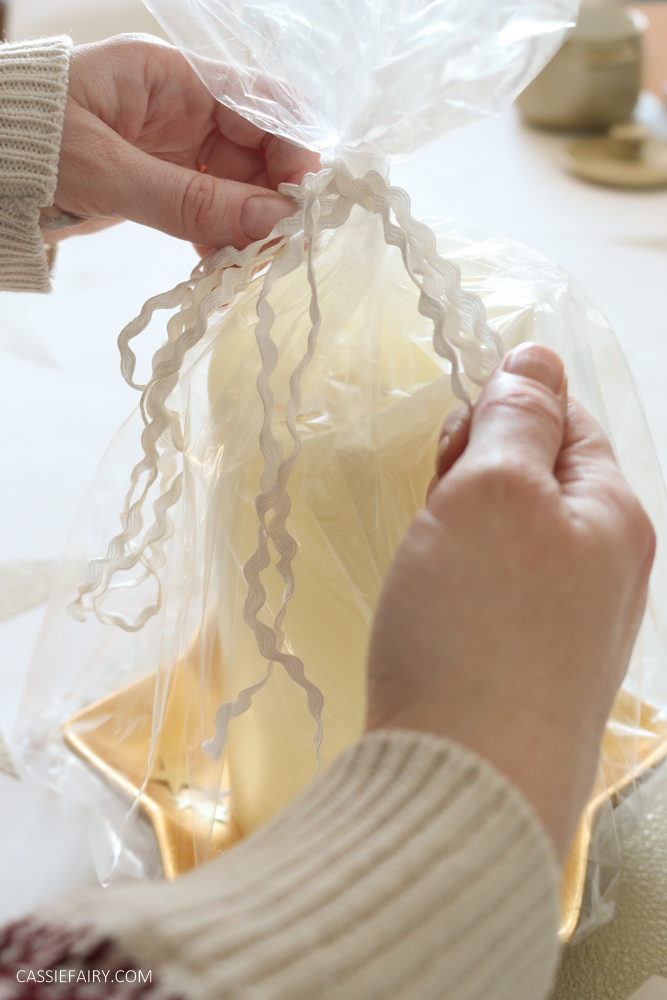
I think the packaging is just as important as any of your business branding, as it’s the first thing the customer sees when they receive the item they ordered. So make sure the box or parcel bag coordinates with your business branding and features your logo and fonts. Something as simple as choosing a coloured tissue paper that matches your website to wrap the product can make all the difference and makes for a seamless customer experience.

What else do you think you should consider when launching a small business? Do you have any tips as an indie biz owner? Please let me know your advice and ideas in the comments below, I’d love to hear what you’ve been up to in your own freelance business 🙂
PIN IT FOR LATER
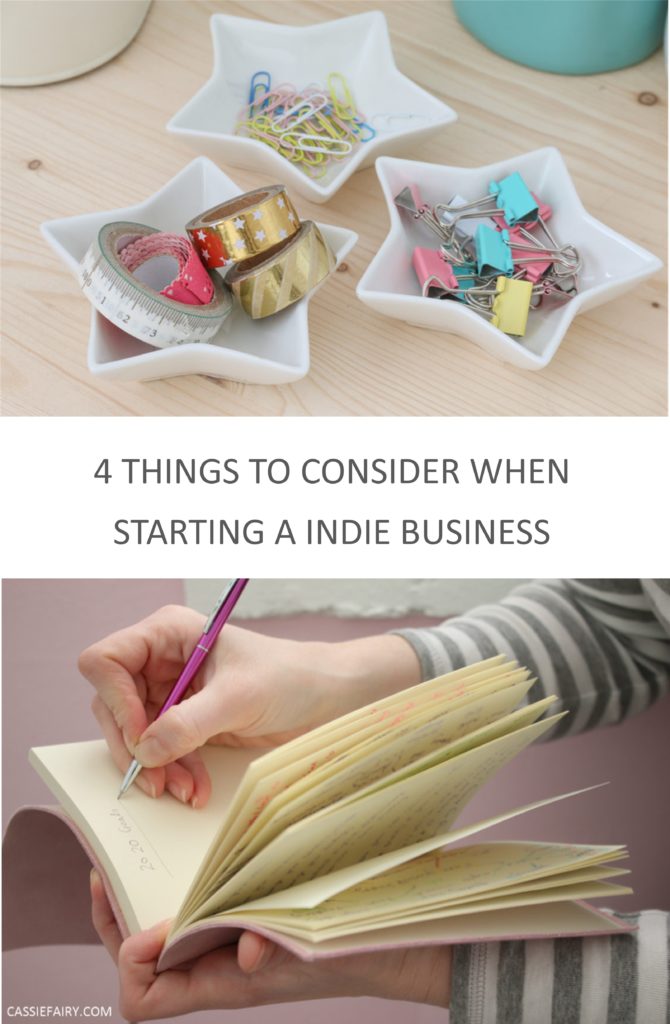
This article is a sponsored collaboration. The pink links in the content indicate a sponsored link or information source. The blog post reflects my own experience and the sponsor hasn’t had any control over my content 🙂










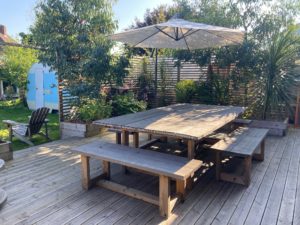


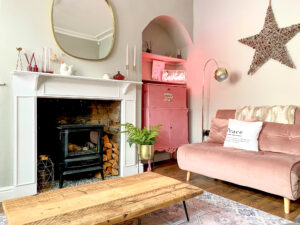

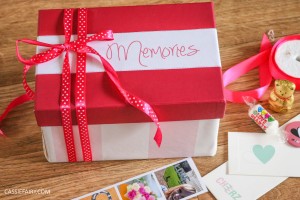


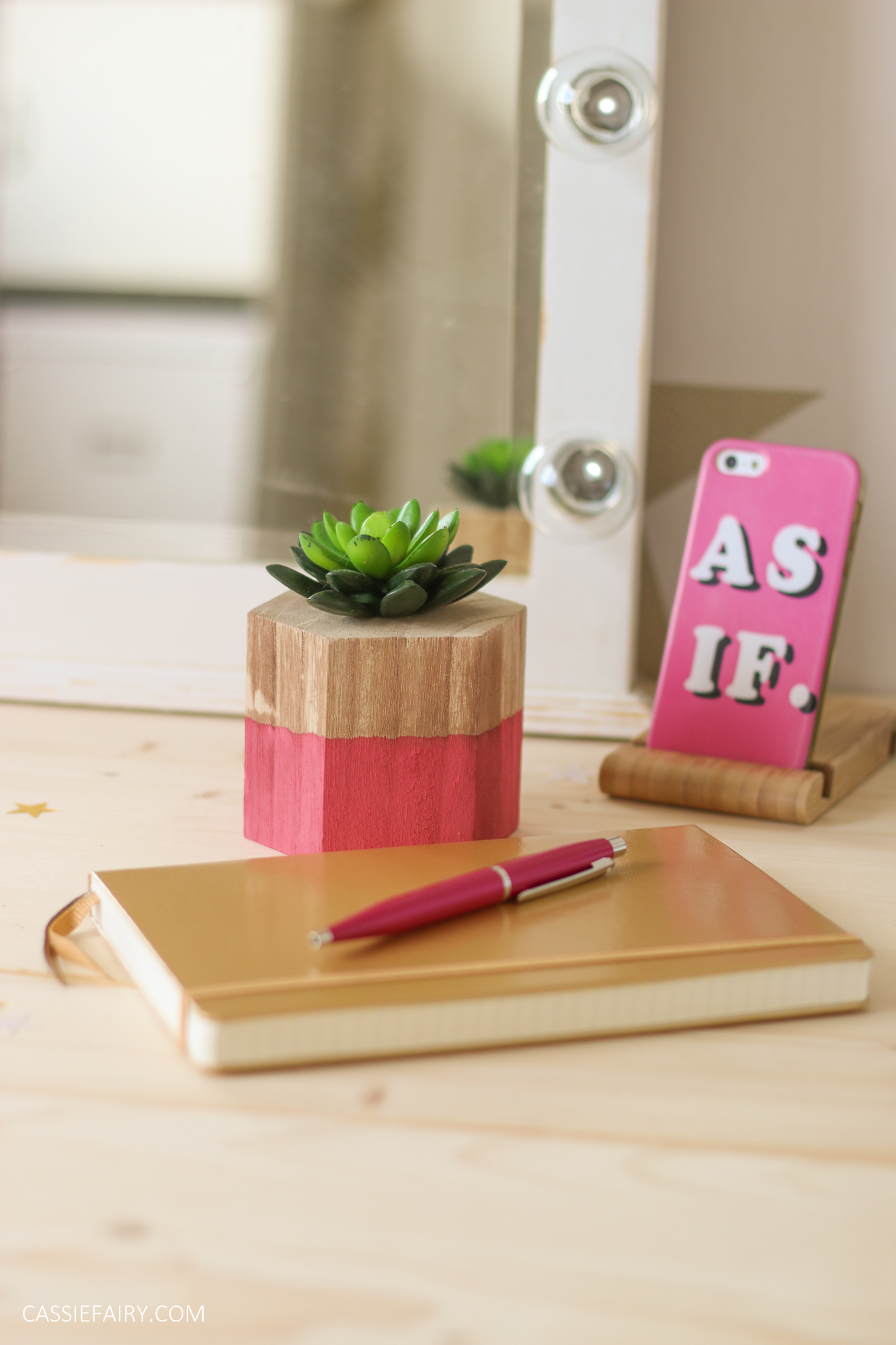
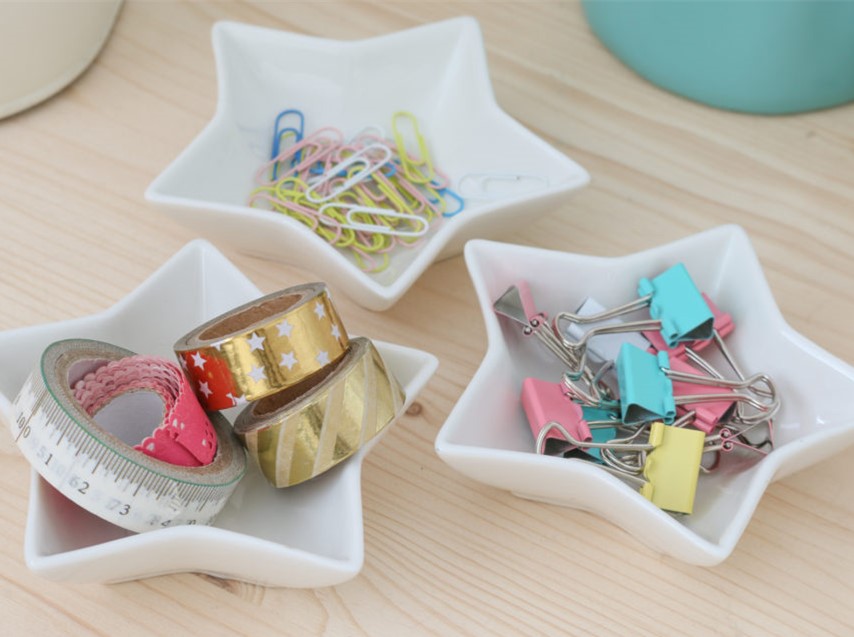
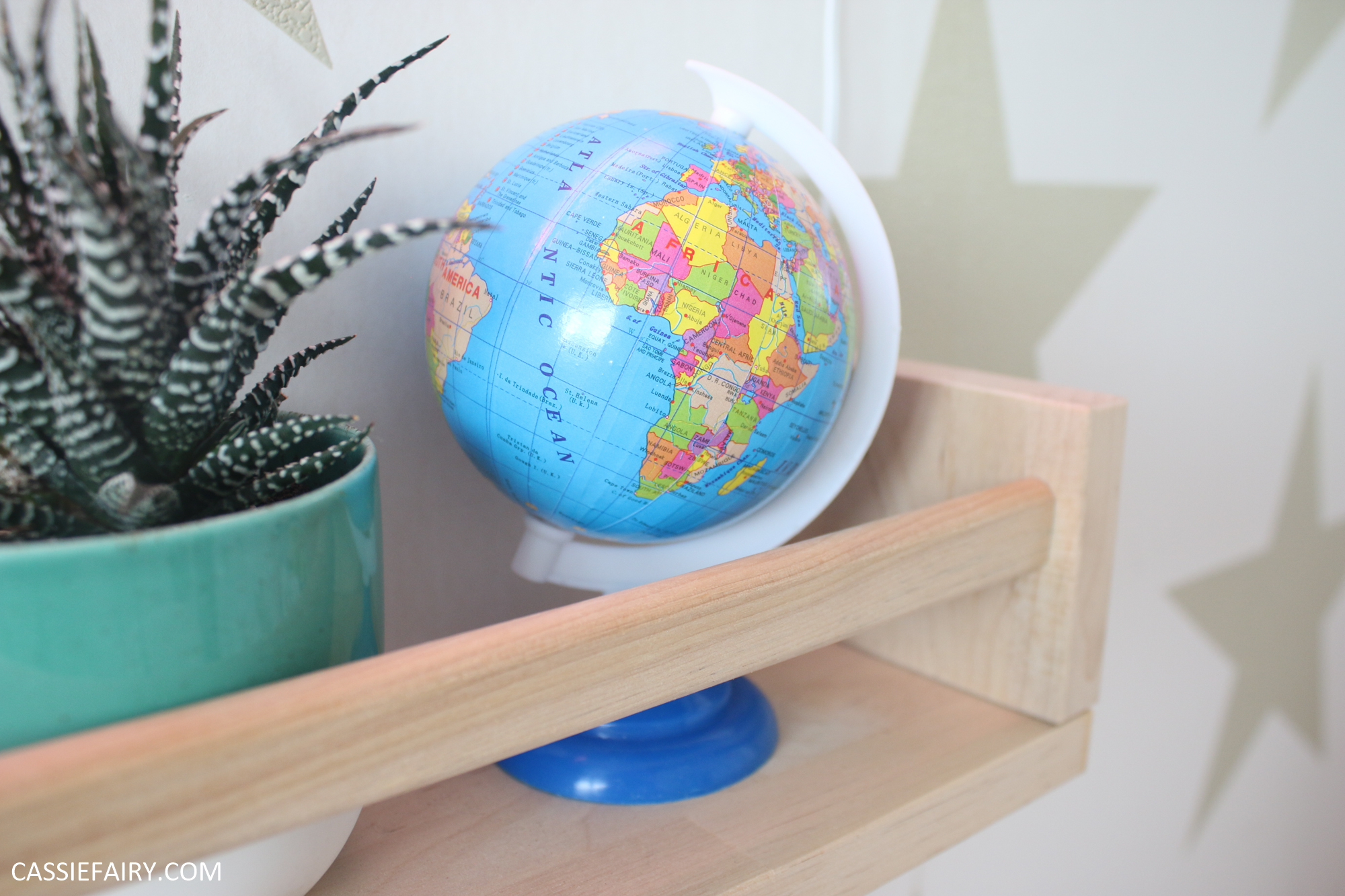
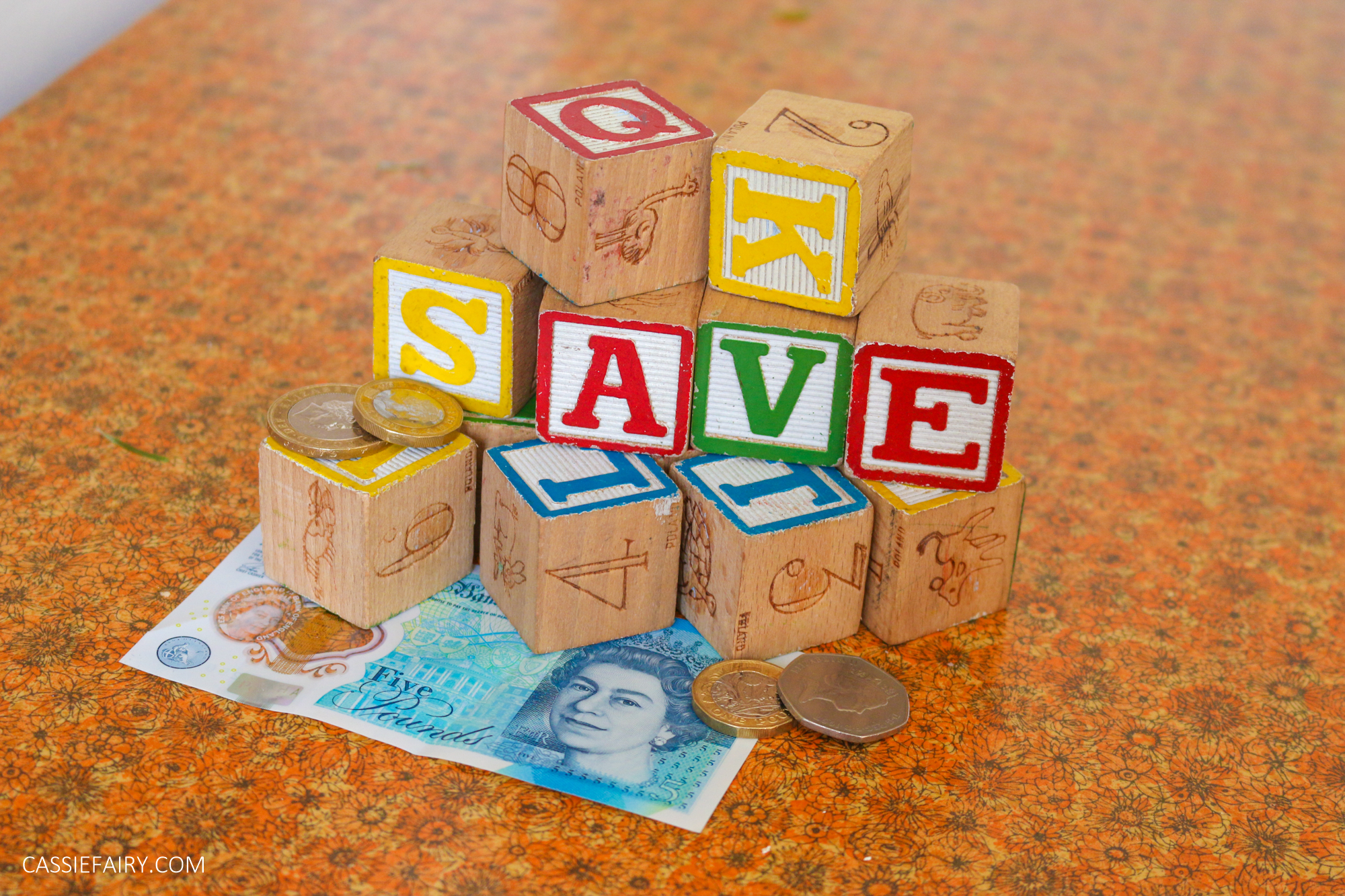

One Response
Hey,
It’s good to know more about the labels thanks for sharing this interesting article.